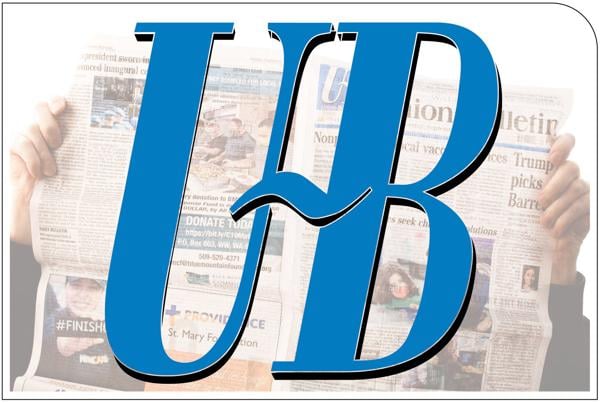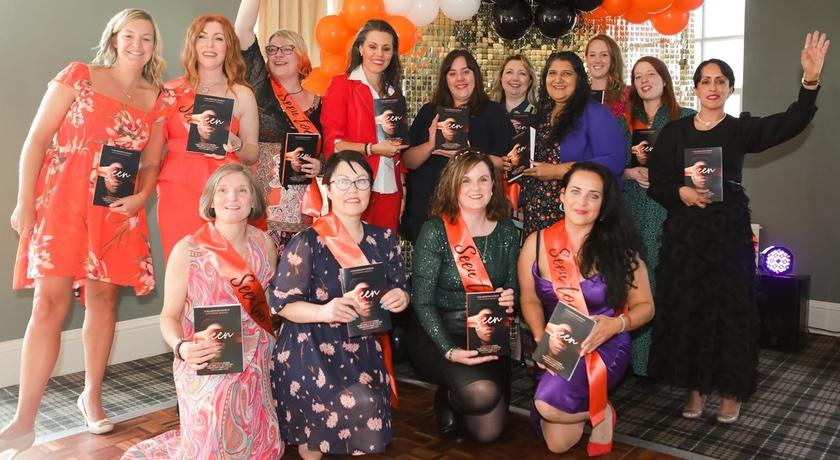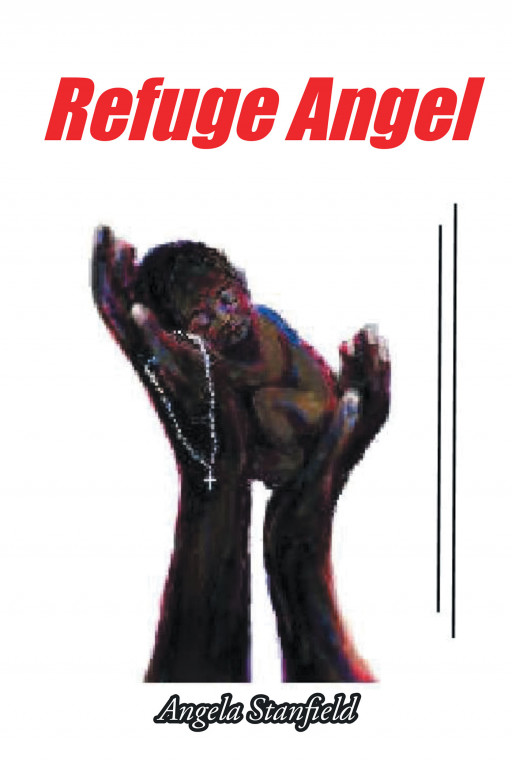TEN YEARS AGO, I first met and interviewed Rosa Ramón, former director of a community radio station and producer for KDNA 91.9 FMa Spanish-speaking station in a small rural town I had just learned about called Granger.
I interviewed Rosa for a developing Oral History Library Archives collection, seeking to interrupt the history of music scenes and social justice movements that have sidelined or completely ignored women of color and their important contributions. to power genres, including punk rock and hiphop. The project, Women Who Rock Digital Oral History Archivewas one of the first research assignments I worked on after moving to the Pacific Northwest in August 2010 to begin graduate studies at the University of Washington in the Department of Gender, Women, and Sexuality Studies.
I was still clinging to my umbrella in one hand and my coffee in the other, trying to get through another Seattle winter, when I heard about KDNA’s major interventions in the Yakima Valley, producing radio programs community organizations since 1979 by teaching farm workers to radio. Having just completed a master’s degree in Chicana and Chicano Studies, where I focused on the cultural productions of the social justice movements of the 1960s and 1970s, I was taken aback by the fact that I had never heard of these efforts. by Chicana radio producers, many of whom shared a similar experience to mine: first-generation bilingual college kids interested in social justice and equity for all.
Learning this story directly from the Chicana and Chicano community radio broadcasters who fought to create content for people like my parents, working class Mexican families, I knew that my experience in community radio in Los Angeles had put me in place to help bring this story to a wider audience. My excitement grew as I set up camera equipment in a small faculty office in Padelford Hall on the UW Seattle campus to interview Rosa, a Chicana radio producer who had bravely exceeded cultural expectations of being a good, quiet Mexican girl by cultivating a public personality and voice broadcast on public radio; it was the fuel I needed to cross the finish line of my book, “Feminista Frequencies: Community Building Through Radio in the Yakima Valley.”
From finding very little information about Chicano public radio or even Spanish-language radio produced in the United States for Latino audiences to spending hours carefully scanning rare station documents and photographs in order to preserve my own archives , I am committed to debunking the assumption that there are no Latinos in the Pacific Northwest. I did this by featuring the rich stories of Mexican American farm workers who not only work tirelessly to bring food to our tables, but also found the time and courage to speak out on the airwaves, demanding better wages and safe working conditions, and advocating for the right to proudly broadcast programming for our communities, in Spanish, that celebrates our stories and cultural contributions to the region.






